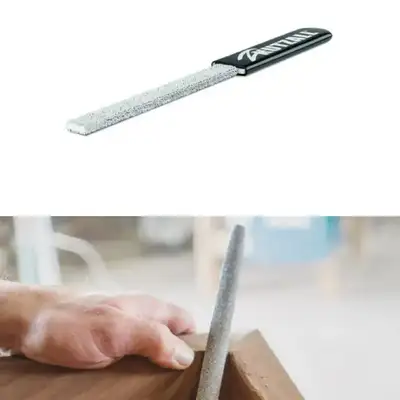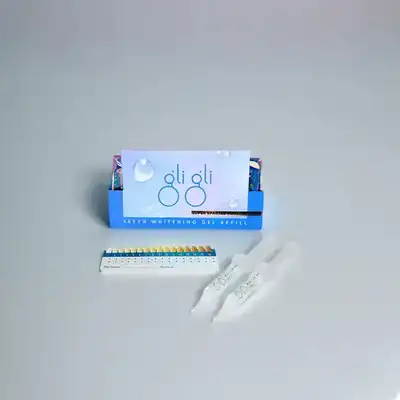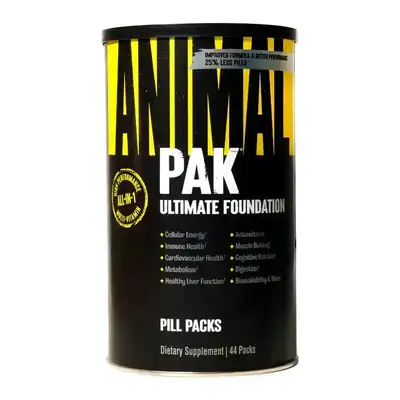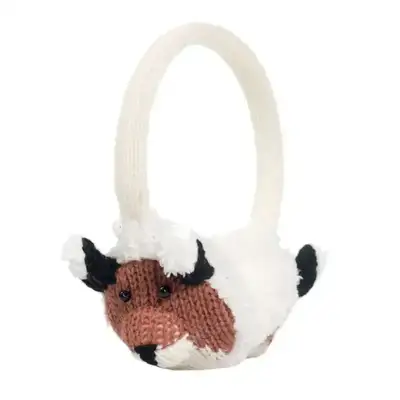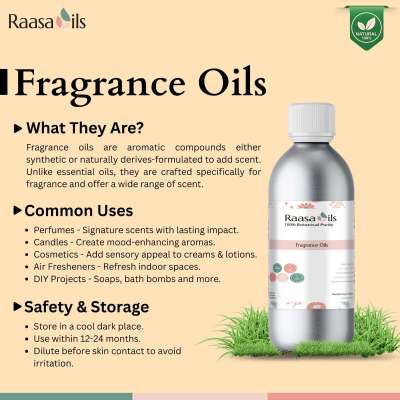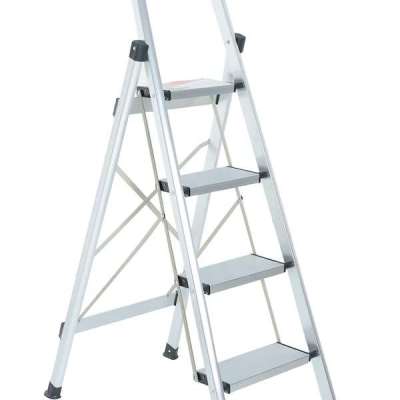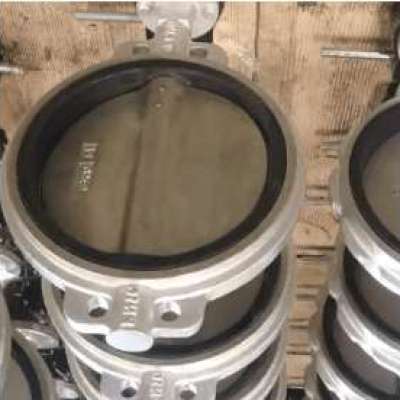
Needle Valve Manufacturers in India
Published By Speciality Valve
- Location: India
- Status: In stock
Speciality valve is the best Needle Valve Manufacturers in India, Needle valves, also known as plunger valves, are control valves that allow engineers to precisely adjust water flow and pressure. This precision is achieved by the small, controlled movement of the shaft, which drives the gearbox to slide the piston tube, either opening or closing the valve, based on the control system's requirements.
Key Components of a Needle Valve
• Valve Body: The main structure containing the flow passage and internal parts.
• Bonnet: The removable cover that allows access to the valve for maintenance.
• Stem: The tapered shaft that moves the needle to control flow.
• Needle: The tapered component that fits into the seat to regulate flow.
• Seat: The surface where the needle seals to control the flow diameter.
What are the Types of Needle Valves
1. Screwed Bonnet Needle Valve
This type has a threaded bonnet that screws onto the valve body, ensuring a tight seal. It is typically used in low to medium pressure applications for general fluid control.
2. Union Bonnet Needle Valve
These valves feature a bonnet that can be easily removed for maintenance or repairs. They are ideal for systems requiring regular access to internal components, such as in sampling systems and pressure gauges.
3. Rising Stem Needle Valve
In rising stem needle valves, the stem moves upward as the valve is opened, providing a clear visual indicator of the valve position. They are used in applications requiring precise control and visual feedback, like laboratory equipment and flow metering.
4. NonRising Stem Needle Valve
These valves have a stem that does not move vertically. Instead, it rotates to regulate flow. This design is suitable for spaces with limited room or where vertical movement is restricted.
5. Multiport Needle Valve
Multiport needle valves feature several inlet and outlet ports, offering flexible flow configurations. They are used in complex fluid systems requiring multiple flow paths, such as distribution manifolds and mixing processes.
Operation and use of Needle valve:
A needle valve has a tapered needle that moves into the valve seat to control or stop fluid flow. The needle's movement is controlled by a spindle and handwheel. Fluid flows through the valve, turning 90 degrees before passing through an adjustable opening. The needle retracts when the screw is turned, allowing flow to adjust. Needle valves are great for precise flow control, as their slow, gradual movement requires many turns to fully adjust flow.
Similar to small globe valves, needle valves are used for small flows. Unlike ball valves, they have a tapered point, which allows for better flow regulation.
• Accurate Flow Adjustment: Needle valves provide precise control over fluid flow, allowing for fine adjustments to meet specific system requirements.
• Tight Sealing: The valve ensures a secure seal, preventing any unwanted fluid leakage during operation.
• Prevents Leakage: Designed to minimize the risk of leaks, ensuring safe and efficient fluid handling.
• Simple and Compact Design: Needle valves are small and easy to install, making them suitable for spaces with limited room.
• Low Maintenance: These valves require minimal maintenance due to their durable design and reliable performance.
• Handles a Wide Range of Fluids: Needle valves are versatile and can manage various types of fluids, including gases, liquids, and corrosive substances.
Which industries use Needle valves:
Here’s how needle valves are used in various applications:
1. Water Supply Systems:
Needle valves regulate water flow to maintain pressure and ensure consistent distribution in pipelines.
2. Irrigation Systems:
Used to control the flow of water in irrigation, needle valves help in adjusting the water supply for efficient crop watering.
3. Dewatering Operations:
In dewatering, needle valves control the flow of water being removed from areas like construction sites or mines.
4. Industrial Pumping Systems:
Needle valves manage the flow of fluids within industrial pumps, allowing for precise control in highpressure environments.
5. Water and Wastewater Treatment:
Needle valves are used to regulate the flow of water and chemicals, ensuring accurate dosing and system performance in treatment processes.
6. Chemical Processing:
In chemical plants, needle valves are essential for controlling the flow of various chemicals, ensuring safety and accuracy in mixing and reactions.
Speciality valve is the best Needle Valve Manufacturers in India.
Discription:
Materials: Needle valves are made from durable materials such as SS316, SS316L, Duplex, Inconel 625, SS304, CF8, CF8M, and F51, F53, F55, offering excellent corrosion resistance and strength for various applications.
Class: Available in pressure classes ranging from 150 to 2500, ensuring compatibility with different pressure requirements.
Nominal Pressure: Suitable for systems with nominal pressures between PN10 and PN450.
Size: Needle valves come in sizes from 1/2” to 2”, fitting a range of piping systems.
Ends: Available with threaded, socket weld, or butt weld connections for easy installation in various systems.
Operations: Operated manually with a hand wheel, allowing precise control of flow adjustment.
Visit us: https://www.specialityvalve.co....m/product-category/h
